Introduction
In the era of Data storehouse, the need for assimilating the data from contrasting sources into a single consolidated database requires you to Extract the data from its parent source, Transform and amalgamate it, and thus, Load it into the consolidated database (ETL). ETL tools play a vital role in this set of circumstances. The 15 best ETL tools offer consistent extraction, transformation, and information loading, authorizing businesses to enhance their data proficiency. In the virtual world 2024, tons of ETL tools account for accomplishing diverse data collaboration needs.
Table of contents
- What is ETL?
- What are ETL Tools?
- What Types of ETL Tools are Available in the Markets?
- 15 Best ETL Tools to Use in 2024
- How to choose the best ETL tool for your business needs?
- What are the advantages and disadvantages of different ETL tools?
- How to compare the features and performance of various ETL tools?
- Conclusion
- Frequently Asked Questions
What is ETL?
ETL stands for Extraction of data, Transformation, and amalgamation, and after that, Loading the data into the desired collaborative database. A system used to manage and integrate data from a source structure to a final destination, ETL generally serves as a data repository.
What are ETL Tools?
ETL tools are software programs designed to facilitate the automation of ETL methods in data integration and warehousing. These tools are important in dealing with and optimizing data movement and manipulation functions. These tools typically offer:
- Data extraction
- Transformation
- Loading
- Mapping
- Workflow Automation
- Cleansing and Validation
- Monitoring and Logging
- Scalability and Performance
What Types of ETL Tools are Available in the Markets?
ETL tools are categorized into numerous distinctions varying upon their functionalities and the goals to be served.
- Open source ETL like Apache is the most widely acknowledged tool, which is freely available and customizes specific requirements of the user base.
- The superior version of ETL tools covers the Commercial segment, is licensed by software companies and offers superior functions and customer support functionality.
- Custom ETL solutions consist of groups that develop their personal custom ETL commands tailor-made to their particular desires using programming languages, frameworks and libraries.
15 Best ETL Tools to Use in 2024
Integrate. Io

Integrate.Io is one of the best ETL tools that simplify records integration, transformation, and loading techniques. It offers a comprehensive answer for agencies to effectively attach diverse statistics resources, transform facts, and load them into target destinations.
Features
- Intuitive interface for designing complex statistics workflows.
- One of the standout capabilities of Integrate.Io is its customer-friendly interface that lets customers design complex information workflows without requiring technical information.
- The platform emphasizes simplicity and automation, making it available to both technical and non-technical users.
Price: The starter package for Integrate starts at $15000 a year, whereas the professional package costs $25000.
IBM DataStage

IBM DataStage is a robust ETL tool that is part of IBM’s Information Integration Suite. It facilitates statistics integration, transformation, and loading processes across various sources and objectives. DataStage lets companies move, cleanse, and transform statistics to make it usable for analysis, reporting, and other enterprise needs.
Features
- One of the important strengths of IBM DataStage is its scalability. It can take care of large-scale data processing and integration obligations, making it suitable for businesses managing sizable amounts of statistics.
- The tool offers several connectors and transformation features to accommodate numerous information sources and differences.
Price: IBM DataStage is available for a free trial and the paid versions are available by scheduling a call request with the company’s sales team.
Oracle Data Integrator
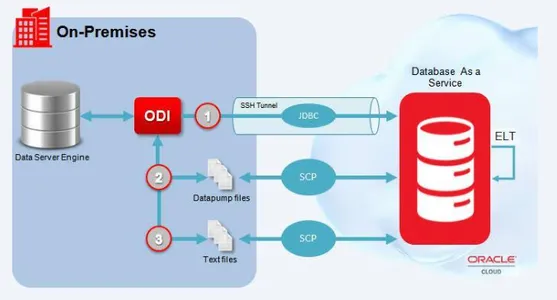
Oracle Data Integrator (ODI) is a complete ETL tool presented by Oracle for facts integration and transformation responsibilities. It is designed to facilitate the motion of records between various assets and objectives whilst offering advanced transformation abilities.
Features
- One of the standout functions of Oracle Data Integrator is its deep integration with Oracle databases and technologies.
- This integration permits seamless information motion and transformation in the Oracle environment.
- ODI helps both batch processing and actual-time statistics integration scenarios.
Price: The Oracle Data Integrator Cloud Service is available at a unit price of ₹ 64.057308 OCPU per hour. The Oracle Data Integrator Cloud Service – BYOL is available at a unit price of ₹ 16.01019 OCPU per hour.
Fivetran

Fivetran is a cloud-based automated ETL provider specializing in simplifying facts syncing and integration tactics. Its ambition is to streamline the motion of facts from various assets to statistics warehouses, making it less complicated for corporations to centralize their information for analysis and reporting.
Features
- Fivetran’s best feature is its consumer-friendly setup and protection.
- It offers a huge range of pre-built connectors that allow users to speed up their association with numerous information assets, which include databases, SaaS programs, and APIs.
- The automated nature of Fivetran minimizes manual configuration and reduces the complexity of ETL workflows.
Price: For low data volumes, Fivetran is available free of cost. As the data volume increases, so does the unit charge decrease, but you only pay for the data you have changed.
Coupler.Io

Coupler.Io is the best ETL tool that focuses on connecting statistics from numerous assets to Google Sheets. It enables customers to import information from databases, apps, and APIs without delay into Google Sheets for analysis and visualization.
Features
- One of the standout features of Coupler.Io is its seamless integration with Google Sheets and other Google Workspace apps.
- It simplifies gathering and analyzing statistics within an acquainted spreadsheet environment.
Price: The tool is available for a free trial of 14 days post, which the Starter pack costs $49 a month, the Squad costs $99, and the Business costs around $249 a month.
SAS Data Management

SAS Data Management is a comprehensive answer offered through the SAS Institute that covers numerous factors of records integration, information pleasantness, statistics governance, and records training. It’s designed to help groups control and remodel data to assist analytics, compliance, and decision-making.
Features
- SAS Data Management’s strength lies in its superior statistics and high-quality cleaning capabilities.
- It provides competencies for profiling, standardization, validation, and enrichment of facts to ensure excessive records are great.
Price: The price structure of this tool could be acquired with a requested call from the official source.
Talend Open Studio

Talend Open Studio is an open-source ETL tool that gives a comprehensive suite of information integration and transformation abilities. It provides a code-loose layout interface and helps with an extensive range of connectors for diverse information sources and targets.
Features
- Talend Open Studio’s standout function is its user-friendly interface that lets customers lay out complicated ETL workflows without requiring great coding understanding.
- It also helps a huge integration situation and has a lively network of users contributing to its boom.
Price: Talend premium services cost about $1,170 per user per month or $12,000 annually.
Pentaho Data Integration
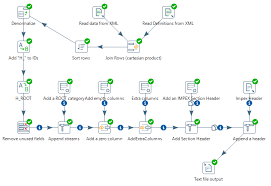
Pentaho Data Integration, called Kettle, is an open-supply ETL tool with a sturdy cognizance of information analytics and visualization. It’s a factor of the Pentaho Business Analytics suite that uses Hitachi Vantara.
Features
- Pentaho Data Integration’s integration with the Pentaho enterprise analytics suite is a key feature.
- It allows users to seamlessly pass information from various sources to be analyzed and visualized inside Pentaho’s analytics environment.
Price: The standard monthly charges range from $100 to $1,250.
Singer
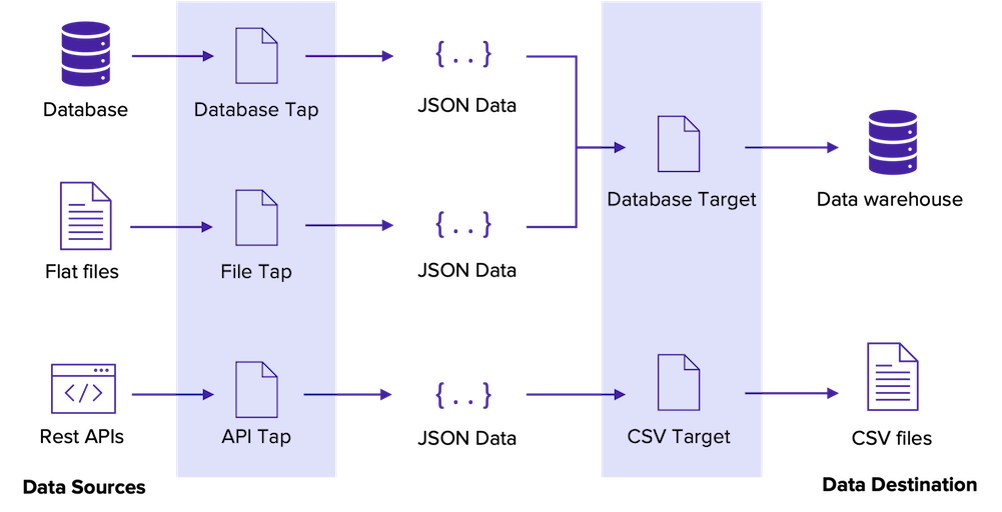
Singer is an open-source ETL framework that simplifies records extraction and loading obligations using customizable connectors. It’s designed to be flexible, allowing users to create connectors that optimize their specific data supply and target requirements.
Features
- Singer’s satisfactory characteristic is its flexibility to construct custom connectors for numerous data assets and locations.
- It follows a simple and extensible structure, making it clean to develop new connectors or personalize present ones.
Price: The price range for using this ETL tool is $1000 to $4500 per year for an annual subscription.
Hadoop

Hadoop is an open-source framework designed for processing big volumes of statistics across hardware clusters. It consists of additives like Hadoop Distributed File System (HDFS) for storage and MapReduce for processing.
Features
- Hadoop’s scalability and fault-tolerance abilities are its standout capabilities.
- It lets organizations handle massive facts by dispensing and parallelizing information processing obligations throughout more than one cluster node.
Price: Hadoop is a free and open-source tool.
Dataddo
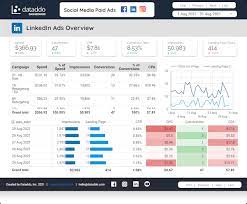
Dataddo is an ETL tool specializing in collecting and reworking data from numerous assets for analysis and visualization. The design has simple information integration and practice for reporting purposes.
Features
- Dataddo’s pleasant function is its capability to centralize facts collection from APIs, databases, and cloud services, imparting a unified view of records for evaluation.
Price: The Dataddo has four pricing strategies ranging from $0 to $99 according to the functionalities required.
AWS Glue
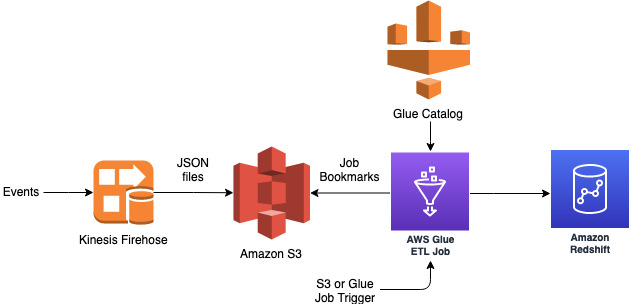
AWS Glue is a fully managed ETL service supplied by Amazon Web Services (AWS). It automates the data integration and transformation technique, making moving records from numerous assets to data warehouses less complicated.
Features
- AWS Glue’s serverless architecture and automatic schema discovery are standout capabilities.
- It permits users to focus on data transformation without demanding approximate infrastructure control.
Price: AWS Apache spark job runs for 15 minutes and uses 6 DPU; each DPU hour costs $0.44.
Azure Data Factory
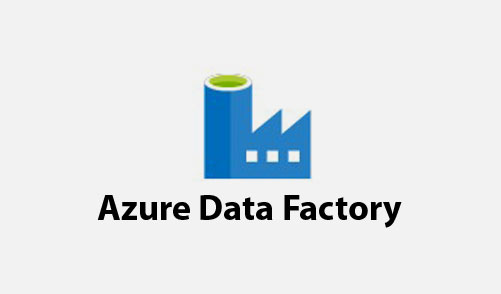
Azure Data Factory is a cloud-based ETL provided via Microsoft Azure. It permits users to create records-pushed workflows for orchestrating and automating information motion and transformation across various resources and destinations.
Features
- Azure Data Factory’s integration with different Azure services is its standout feature.
- It lets customers transport and technique statistics across on-premises and cloud environments seamlessly.
Price: The price ranges from $0.0005 to $1 per hour.
Google Cloud Dataflow
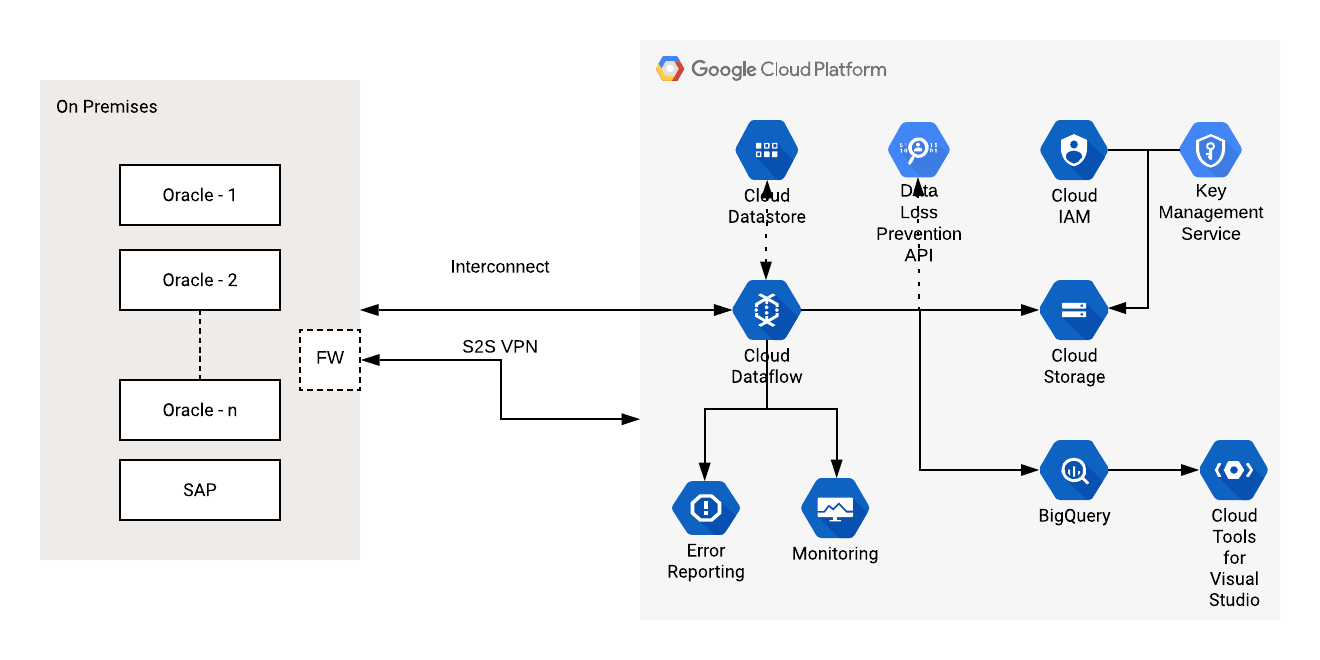
Google Cloud Dataflow is the best ETL tool by Google Cloud Platform. It enables customers to arrange and remodel data in batch and streaming modes. Dataflow makes use of the Apache Beam framework to facilitate fast processing.
Features
- Google Cloud Dataflow’s standout feature is its auto-scaling capability.
- It automatically adjusts the resources allotted to statistics processing duties based on the volume of statistics being processed, ensuring green and value-powerful processing.
Price: Data flow bills according to the resources that a particular organization has used.
Stitch
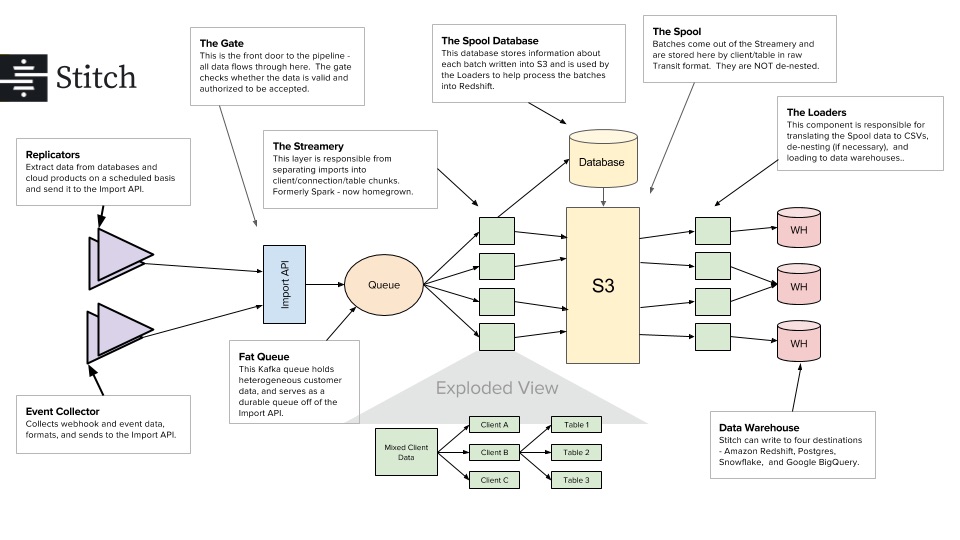
Stitch is an ETL tool that simplifies moving statistics from numerous resources to data warehouses. It offers automated fact extraction, transformation, and loading to streamline data integration duties.
Features
- Stitch’s excellent feature is its ease of setup.
- It offers connectors for various data sources, and customers can quickly configure data pipelines to transport data into data warehouses without writing long codes.
Price: The ETL tool offers a free trial of 14 days and is chargeable after, starting from $83.33 a month.
How to choose the best ETL tool for your business needs?
ETL tools are software applications that allow you to perform data extraction, transformation, and loading. These tools are essential for data warehousing and are widely used in businesses to make data-driven decisions.
Identifying Your Business Needs
Before choosing an ETL tool, it’s crucial to identify your business needs. Ask yourself questions like:
- What kind of data are you working with?
- How much data do you need to process?
- How often will you need to extract, transform, and load this data?
Evaluating ETL Tools
When evaluating ETL tools, consider the following factors:
- Ease of Use: The tool should have a user-friendly interface and be easy to use, even for non-technical users.
- Data Connectivity: The tool should be able to connect to various data sources, both on-premises and in the cloud.
- Performance: The tool should be able to handle large volumes of data and perform operations quickly.
- Scalability: As your business grows, your data needs will also grow. The tool should be scalable to accommodate this growth.
- Support and Documentation: Good customer support and comprehensive documentation are essential for troubleshooting and learning how to use the tool effectively.
- Cost: Consider the cost of the tool and whether it fits within your budget. Remember, the most expensive tool isn’t necessarily the best one for your needs.
Testing ETL Tools
Once you’ve shortlisted a few ETL tools, test them out. Most vendors offer free trials, which you can use to see if the tool fits your needs and is easy to use.
What are the advantages and disadvantages of different ETL tools?
Advantages of ETL Tools
- Data Integration: ETL tools can integrate data from various sources, making it easier to manage and analyze.
- Data Transformation: These tools can transform data into a format suitable for analysis. This includes cleaning, validating, and formatting the data.
- Efficiency: ETL tools can automate the process of data extraction, transformation, and loading, saving time and resources.
- Error Handling: Most ETL tools have built-in error handling mechanisms, ensuring data integrity.
- Scheduling: ETL tools allow you to schedule data extraction and loading, ensuring that your data warehouse is always up-to-date.
Disadvantages of ETL Tools
- Complexity: ETL tools can be complex to set up and use, especially for non-technical users.
- Cost: Some ETL tools can be expensive, especially enterprise-level tools.
- Performance: ETL processes can be resource-intensive and slow, especially when dealing with large volumes of data.
- Limited Functionality: Some ETL tools may not support all the features you need, such as real-time data extraction or specific data transformations.
- Vendor Lock-in: Once you choose an ETL tool, it can be difficult to switch to a different one due to the high costs and complexities involved.
How to compare the features and performance of various ETL tools?
Comparing Features of ETL Tools
When comparing the features of ETL tools, consider the following factors:
- Data Connectivity: Does the tool support the data sources you need? This could include databases, cloud storage, APIs, and more.
- Transformation Capabilities: What kind of data transformations does the tool support? This could include cleaning, formatting, aggregating, and more.
- Ease of Use: Is the tool user-friendly? Does it have a graphical interface, or does it require coding?
- Automation and Scheduling: Can the tool automate ETL processes and schedule jobs to run at specific times?
- Error Handling and Debugging: How does the tool handle errors? Does it provide useful debugging information?
Comparing Performance of ETL Tools
When comparing the performance of ETL tools, consider the following factors:
- Speed: How fast can the tool extract, transform, and load data?
- Scalability: Can the tool handle increasing volumes of data as your business grows?
- Stability: How reliable is the tool? Does it crash or produce errors often?
- Resource Usage: How much CPU, memory, and disk space does the tool use?
Conclusion
In the ever-evolving panorama of data management, many ETL tools cater to various integration needs. From open-source options like Talend Open Studio and Apache NiFi to cloud-based total solutions like AWS Glue and Azure Data Factory, corporations can choose tools that align with their precise records workflows. Features including automation, scalability, and integration abilities define these tools, assisting seamless extraction, transformation, and information loading. Whether for actual-time analytics, simplified integration, or complicated information manipulation, these ETL tools empower businesses to harness the capacity of their information, enabling informed decisions and unlocking valuable insights.
If you want to enhance your understanding of ETL tools further and dive deeper into the world of data analytics, we recommend exploring the Analytics Vidhya Blackbelt Plus program. This comprehensive program offers a wealth of knowledge, practical insights, and hands-on experience in various data-related domains. With the ever-evolving landscape of data, staying at the forefront of knowledge is essential for success. Explore the program now!
Frequently Asked Questions
A. ETL stands for Extract, Transform, Load—a system of moving statistics from source to destination after vital alterations. ETL tools are software programs that automate this technique, streamlining statistics integration, transformation, and loading duties.
A. While SQL (Structured Query Language) is robust for querying and manipulating data inside a database, it is not a devoted ETL tool. ETL equipment encompasses a broader range of competencies, which includes fact extraction from numerous resources, complicated variations, and loading into goal locations.
A. Selecting the best ETL tool depends on your precise needs. Talend Open Studio and AWS Glue are considered robust options due to their powerful capabilities, customer-friendly interfaces, and integration skills.
A. Python is a flexible programming language typically used for information processing and transformation duties, but it’s not exclusively an ETL tool. It can be used to construct ETL pipelines, however, committed ETL tools offer specialized capabilities and automation.




